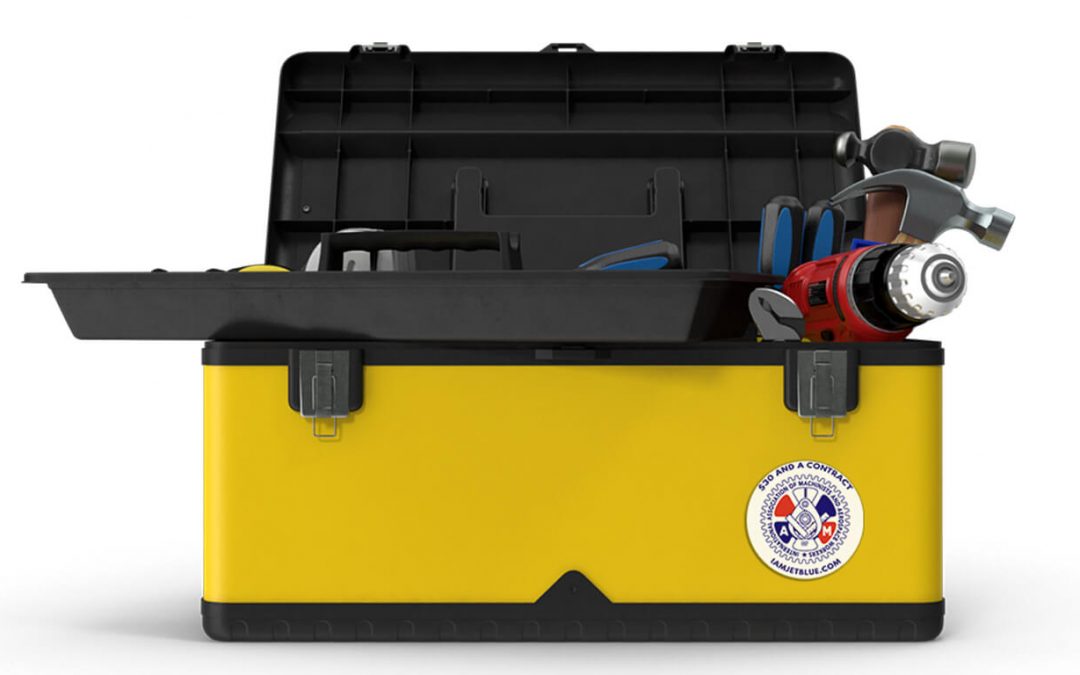
by Eric Price | Jan 22, 2021 | Featured, Featured News, Front Page, GOIAM Stories, Organizing, Page Five, Page Four, Page Three, Page Two, Perusals, Row 2
The Organizers’ Toolkit: A New Resource for Machinists & Aerospace Workers Help Grow the Machinists & Aerospace Union Contact an Organizer You can help create a better life for the working class in America. Contact an IAMAW District 141 Organizer today....
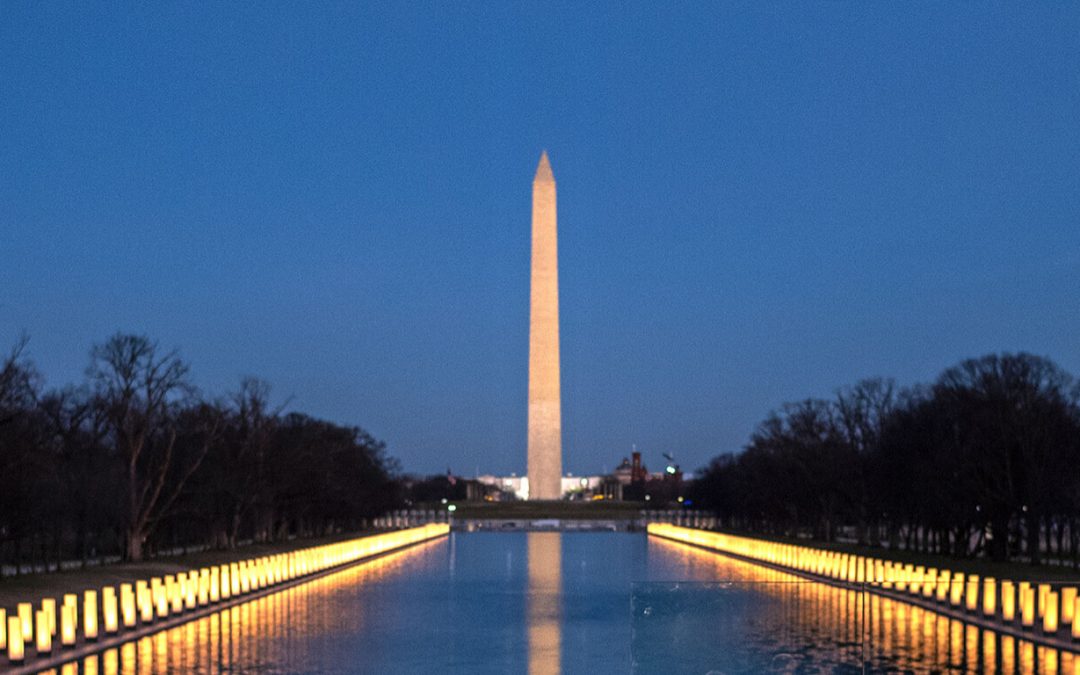
by Eric Price | Jan 20, 2021 | Featured, Featured News, Front Page, GOIAM Stories, MNPL, Organizing, Page Five, Page Four, Page Three, Page Two, Perusals, Row 2, Uncategorized, Video
The Machinists Union was recognized Saturday by the Presidential Inaugural Committee (PIC) during its programing America United: An Inauguration Welcome Event Celebrating America’s Changemakers. Machinists & Aerospace Union Recognized at Inauguration Welcome...

by Eric Price | Jan 19, 2021 | Featured, Featured News, Front Page, GOIAM Stories, Organizing, Page Five, Page Four, Page Three, Perusals, Row 2
/* Styling the category buttons */.dd-spl1 .dd-categories p.et_pb_title_meta_container { color: #fff; }.dd-spl1 .et_pb_bg_layout_light.dd-categories p.et_pb_title_meta_container a { color: #fff;}.dd-spl1 .dd-categories a { font-size: 11px; padding: 6px 12px;...
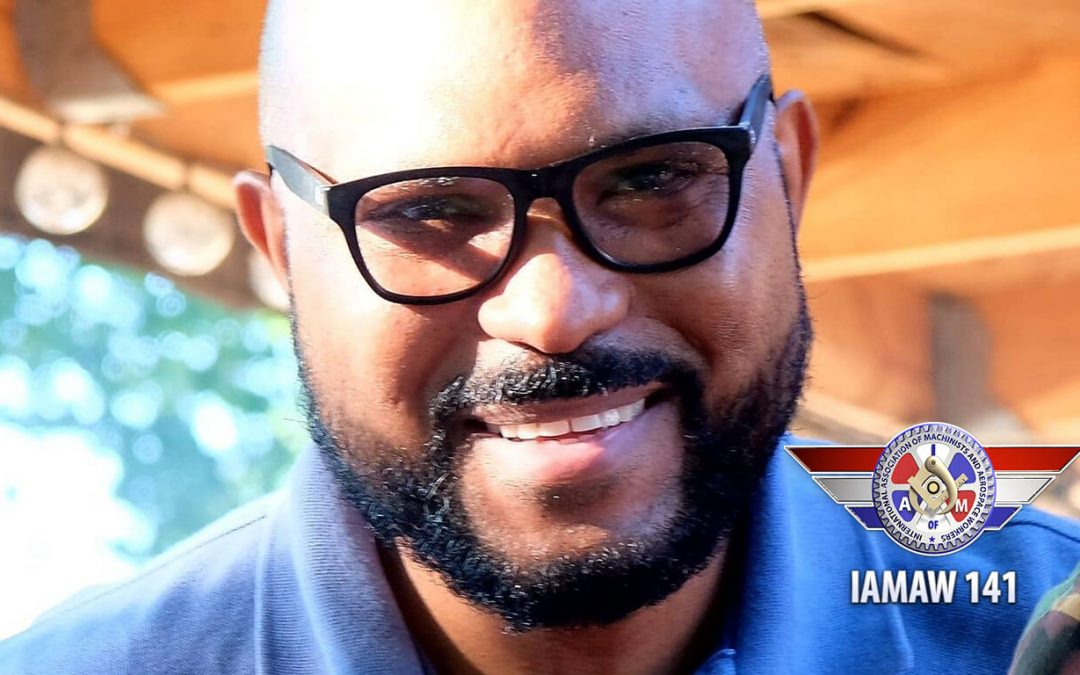
by Eric Price | Jan 18, 2021 | EAP, Featured, Featured News, Front Page, GOIAM Stories, Page Five, Page Four, Page Two, Perusals, Row 2, Uncategorized
IAM District 141 member Victor Acosta’s artwork appeared on the back of the calendar. The painting entitled “Helping Hand” shows a greyish white background with two brown arms extending and shaking hands. Acosta says it represents the relationship between union...
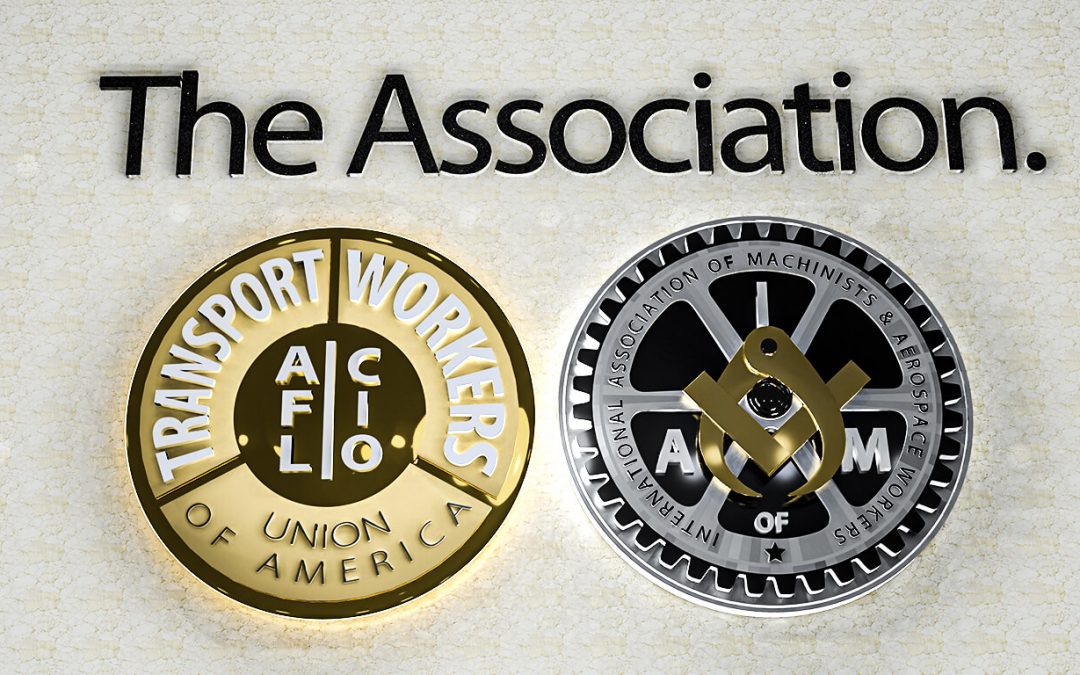
by Eric Price | Jan 16, 2021 | American, COVID, Featured, Featured News, Front Page, Page Five, Page Four, Page Three, Page Two, Perusals, Row 2, The Association, Uncategorized
American to Conduct Recalls With the recent approval of the Payroll Support Program (PSP2), we have been working to make sure Association represented employees who were impacted in the October reductions are recalled in accordance with the Collective Bargaining...
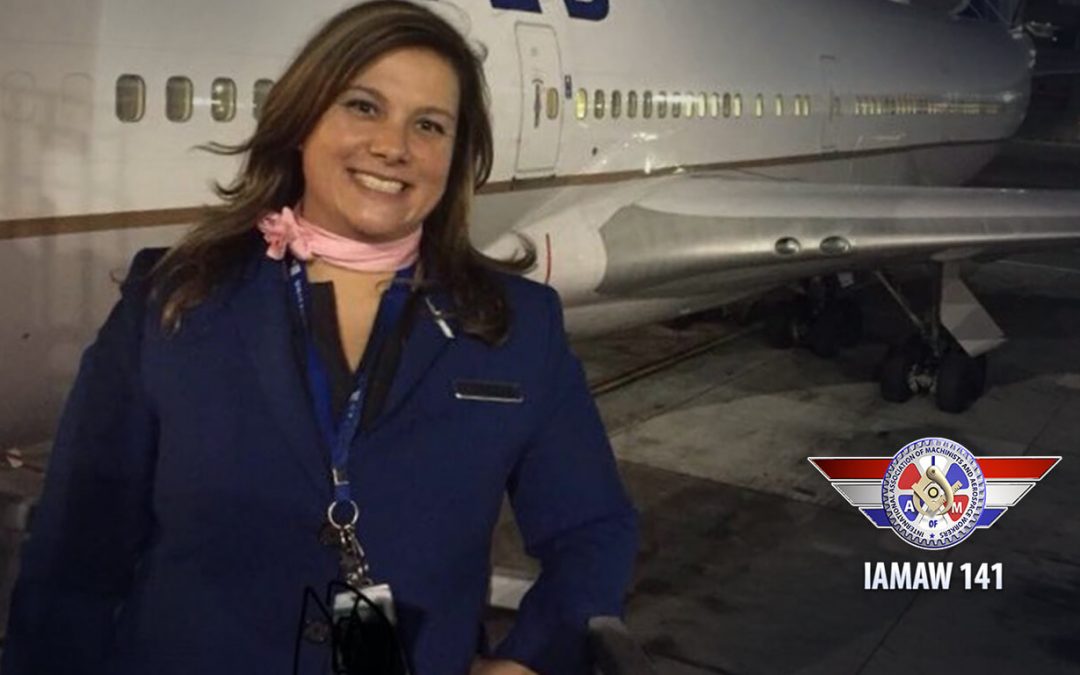
by Eric Price | Jan 15, 2021 | Featured, Featured News, Front Page, Page Five, Page Four, Page Three, Perusals, Row 2, Uncategorized, Video
Wendy Goodell is on a mission to modernize the communications strategy of Local 1782, encourage more participation and activism, and help demystify unionism at a local lodge that includes five airports and thousands of members. 141 Report: Local 1782, A Powerhouse in...







